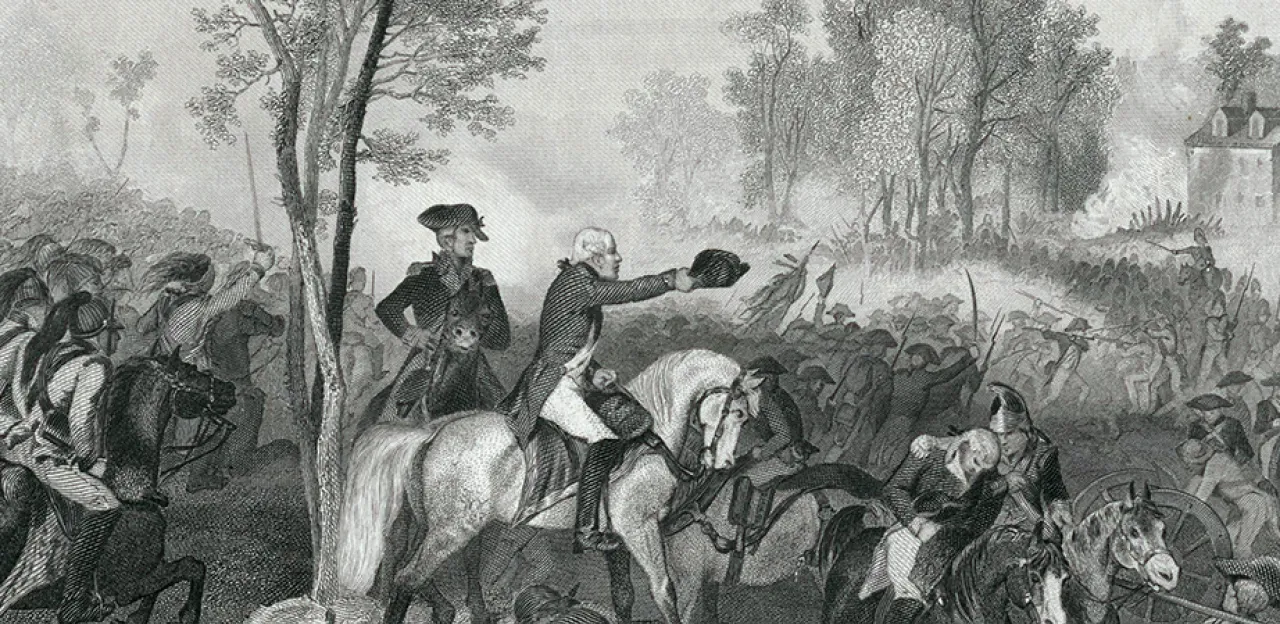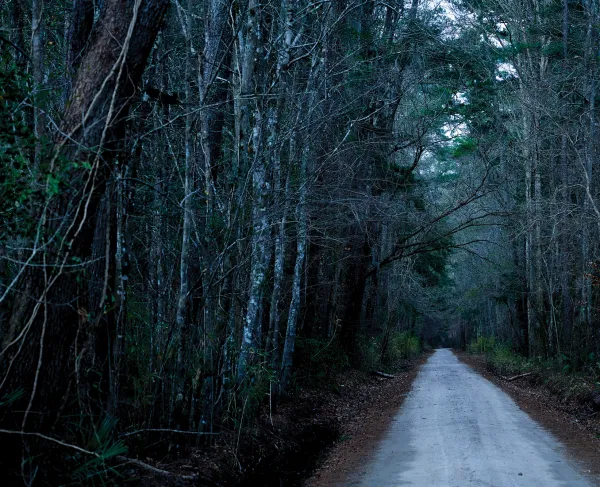Eutaw Springs

Exhausted from the fighting at Hobkirk Hill and Ninety Six, Maj. Gen. Nathanael Greene withdrew his army to the High Hills of the Santee to rest and refit in the summer of 1781. Greene spent a little over a month recuperating and broke camp on August 23. Marching over land, Greene headed toward a British force under Lt. Col. Alexander Stewart, encamped near Eutaw Springs.
The two sides collided on the morning of September 8 when Greene's vanguard ran into British dragoons who gradually fell back to warn Stewart. As Greene's main body approached the British camp, the Continental commander deployed into three successive battle lines to engage the British. The two sides met in a stiff fight west of Stewart's camp. Greene eventually gained the upper hand and pushed the British back. During this phase of the fighting, Lt. Col. William Washington, a cousin of George Washington, was wounded and captured. Some troops took refuge in a brick mansion. Continental efforts to dislodge them were unsuccessful and this action bought time for Stewart to rally his men and counterattack. This assault drove the Continentals back and forced Greene to withdraw.
Both sides claimed victory although Stewart held the field before pulling back toward Charleston on September 11. Eutaw Springs proved to be the last major battle in South Carolina. Greene managed to contain the British in the vicinity of Charleston until they evacuated in December 1782. Eutaw Springs proved to be the last major battle in South Carolina. Greene managed to contain the British in the vicinity of Charleston until the city was evacuated in December 1782.
Related Battles
Battle Facts
South Carolina | September 8, 1781
Result: British Victory
Estimated Casualties
1,461
American
579
579
British
882
882





